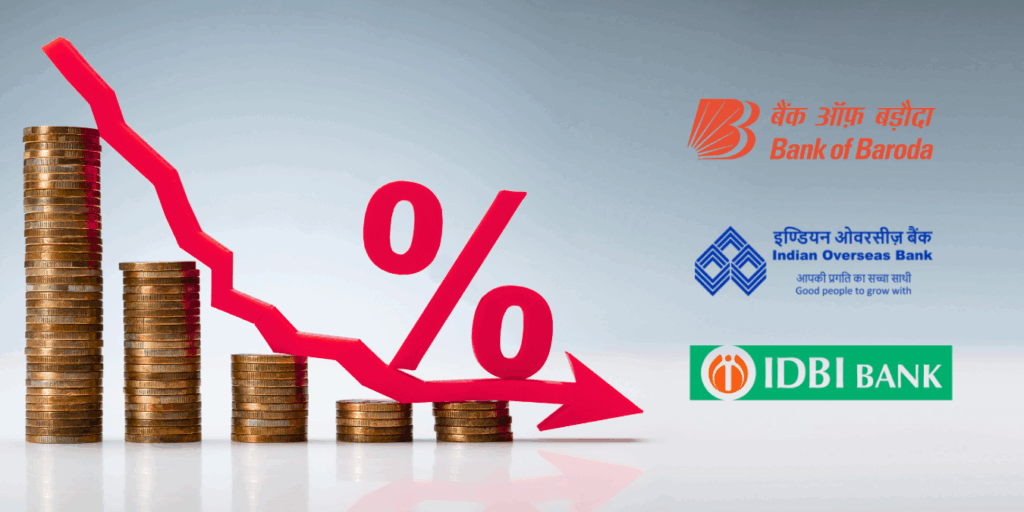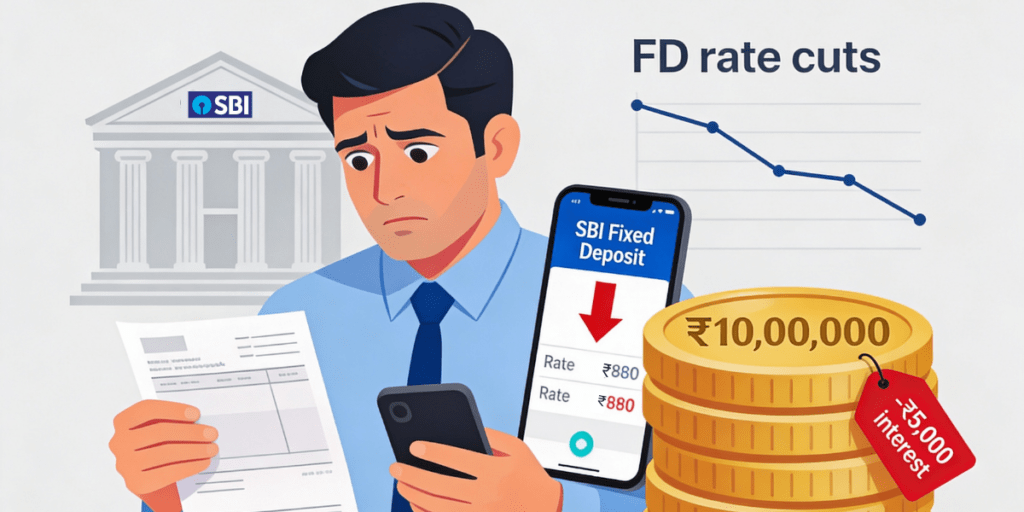
In today’s interconnected world, scams are becoming increasingly sophisticated, targeting individuals through various channels such as email, phone calls, social media, and even in-person interactions. Falling victim to a scam can be a distressing experience, but knowing the right steps to take can help you mitigate the damage and protect yourself from future incidents. This comprehensive guide will walk you through the essential actions to take if you find yourself scammed, along with preventive measures to safeguard against future scams.
“Essential steps to take if you fall victim to a scam. Learn how to report scams in India, recover lost money, and protect yourself from common scams like phishing, tech support, and investment fraud. Stay informed and vigilant with our comprehensive guide on scam prevention and recovery. Safeguard your personal and financial information by following our expert tips and advice. Don’t let scammers win—take action now and stay safe!”
Understanding Common Types of Scams
Understand the common types of scams that exist. Being aware of these can help you identify and avoid potential threats.Scams come in many forms, and scammers are constantly evolving their tactics to deceive people. Here are some of the most common types of scams you should be aware of:
1. Imposter Scams
Imposter scams involve fraudsters pretending to be someone you trust, such as a government official, a family member, or a company representative. They often use fear or urgency to trick you into providing personal information or money. Examples include:
- Grandparent Scams: Scammers pose as a relative in distress, asking for financial help.
- Romance Scams: Fraudsters create fake profiles on dating sites to build relationships and eventually ask for money.
- Robocall Scams: Automated calls claiming to be from government agencies or companies.
2. Online Shopping Scams
These scams involve fake online stores or fraudulent sellers on legitimate platforms. Victims may receive counterfeit goods, no goods at all, or have their payment information stolen.
3. Prizes, Sweepstakes, and Lottery Scams
Scammers inform you that you’ve won a prize or lottery and ask for payment to claim it. They may also request personal information under the guise of verifying your identity.
4. Investment Scams
Fraudulent investment opportunities promise high returns with little risk. These scams can lead to significant financial losses. Common examples include Ponzi schemes and fake cryptocurrency investments.
5. Business and Job Opportunity Scams
Scammers offer fake job opportunities or business ventures, often requiring upfront fees for training or materials. Victims may end up losing money without receiving any legitimate job or business opportunity.
6. Tech Support Scams
Scammers pose as tech support representatives, claiming your computer has a virus. They request remote access or payment for fake services, potentially installing malware or stealing personal information.
7. Charity Scams
Fraudsters pose as charitable organizations, especially during disasters, to solicit donations. They often use emotional appeals to trick people into giving money.
8. Debt Collection Scams
Scammers pose as debt collectors, demanding payment for debts you don’t owe. They may use threats or intimidation to coerce you into paying.
9. Health Care Scams
These scams involve fraudulent health care services or products. Scammers may offer fake insurance plans, counterfeit medications, or unnecessary medical treatments.
10. Travel, Vacations, and Timeshare Scams
Scammers offer fake travel deals, vacation packages, or timeshare opportunities. Victims may pay for trips that don’t exist or are significantly different from what was promised.
11. Foreign Money Offers and Fake Check Scams
Scammers offer to send you a large sum of money from a foreign country, often asking for your bank details or an upfront fee. Fake check scams involve sending you a check, asking you to deposit it, and then requesting a portion of the money back before the check bounces.
12. Blackmail Scams
Scammers threaten to release private information or embarrassing content unless you pay them. They may use information obtained through hacking or social engineering.
Being aware of these common scams can help you recognize and avoid them. Always be cautious when dealing with unsolicited messages, offers that seem too good to be true, or requests for personal information. If you suspect a scam, report it to the appropriate authorities and take steps to protect your personal and financial information.
Immediate Steps to Take If You Are Scammed
If you realize you’ve fallen victim to a scam, it’s essential to act quickly to minimize the damage. Here are the immediate steps you should take:
- Stop All Communication: Cease all contact with the scammer immediately. Do not respond to any further messages or calls.
- Document Everything: Keep a record of all communications, including emails, messages, and transaction receipts. This documentation will be crucial for reporting the scam.
- Contact Your Bank or Credit Card Company: If you provided financial information or made a payment, contact your bank or credit card company to report the fraud and request a reversal of the transaction.
- Place a Fraud Alert on Your Credit Report: Contact one of the major credit bureaus (Equifax, Experian, or TransUnion) to place a fraud alert on your credit report. This will make it harder for scammers to open new accounts in your name.
- Report the Scam to Authorities: File a report with your local police department and relevant authorities such as the Federal Trade Commission (FTC) or the Internet Crime Complaint Center (IC3).
- Change Your Passwords: If you provided any account information, change your passwords immediately. Use strong, unique passwords for each account.
- Monitor Your Accounts: Keep a close eye on your bank and credit card statements for any unauthorized transactions. Report any suspicious activity to your financial institution.
Reporting the Scam
If you fall victim to a scam in India, it’s crucial to report it promptly to minimize damage and help authorities take action against the scammers. Here are the steps you can take to report a scam in India:
1. Contact the Cyber Crime Helpline
The Indian government has set up a dedicated helpline for reporting cyber crimes, including scams. You can contact the helpline at 1930 to report the incident directly.
2. File a Complaint Online
You can file a complaint online through the National Cyber Crime Reporting Portal. This portal allows you to report various types of cyber crimes, including financial fraud, identity theft, and more. Here’s how to do it:
- Visit the National Cyber Crime Reporting Portal.
- Register a complaint by providing details about the scam, including any evidence you have (emails, messages, transaction receipts, etc.).
- Track your complaint through the portal to stay updated on the status of your case.
3. Report to Local Law Enforcement
Filing a report with your local police station is essential, especially if the scam involves significant financial loss or personal harm. Provide them with all the documentation and evidence you have collected.
4. Notify Your Bank or Financial Institution
If the scam involves financial transactions, contact your bank or financial institution immediately. Inform them about the fraudulent activity and request them to block or reverse any unauthorized transactions. They may also guide you on additional steps to secure your accounts.
5. Report to the Telecom Regulatory Authority of India (TRAI)
If you received the scam communication via phone call or SMS, you can report it to TRAI. The Sanchar Saathi portal allows you to report suspected fraud communications and unsolicited commercial communications.
6. Report to the Serious Fraud Investigation Office (SFIO)
For scams involving significant financial fraud or corporate scams, you can report to the Serious Fraud Investigation Office (SFIO). Visit the SFIO website for more information on how to file a report.
7. Social Media Platforms
If the scam occurred on a social media platform, report the scammer’s profile to the platform’s support team. Most social media platforms have mechanisms in place to handle such reports and take action against fraudulent accounts.
8. Monitor and Protect Your Accounts
After reporting the scam, take steps to protect your accounts and personal information:
- Change Passwords: Update passwords for all your online accounts, especially those related to financial transactions.
- Enable Two-Factor Authentication (2FA): Add an extra layer of security to your accounts by enabling 2FA.
- Monitor Your Accounts: Keep a close watch on your bank and credit card statements for any unauthorized transactions.
Reporting a scam promptly can help mitigate the damage and prevent others from falling victim to similar schemes. By following these steps and staying vigilant, you can protect yourself and contribute to the efforts of law enforcement agencies in combating scams.
Recovering from a Scam
Recovering from a scam can be a lengthy process, but taking the right steps can help you regain control and prevent further damage.
- Identity Theft Protection: Consider enrolling in an identity theft protection service to monitor your credit and alert you to any suspicious activity.
- Credit Freeze: Place a credit freeze on your credit report to prevent new accounts from being opened in your name without your consent.
- Dispute Fraudulent Charges: Work with your bank or credit card company to dispute any unauthorized charges and recover your funds.
- Seek Legal Advice: If the scam resulted in significant financial loss, consider consulting with a lawyer to explore your legal options.
- Emotional Support: Falling victim to a scam can be emotionally taxing. Seek support from friends, family, or professional counselors to help you cope with the stress and anxiety.
Preventing Future Scams
Prevention is the best defense against scams. Here are some tips to help you stay safe and avoid falling victim to scams in the future:
- Educate Yourself: Stay informed about the latest scams and fraud tactics. Websites like the FTC and Consumer Financial Protection Bureau (CFPB) offer valuable resources and updates.
- Be Skeptical: Always be cautious of unsolicited messages, emails, or phone calls. Verify the identity of the sender before providing any personal information.
- Use Strong Passwords: Create strong, unique passwords for each of your accounts and update them regularly. Consider using a password manager to keep track of your passwords.
- Enable Two-Factor Authentication: Add an extra layer of security to your online accounts by enabling two-factor authentication (2FA).
- Monitor Your Accounts: Regularly check your bank and credit card statements for any unauthorized transactions. Set up alerts to notify you of any suspicious activity.
- Secure Your Devices: Keep your computer, smartphone, and other devices secure by installing antivirus software and keeping your operating system and apps up to date.
- Be Cautious with Personal Information: Avoid sharing personal information such as your Social Security number, bank account details, or passwords over the phone or online unless you are certain of the recipient’s identity.
- Verify Charities: Before donating to a charity, verify its legitimacy through trusted sources such as Charity Navigator or the Better Business Bureau (BBB).
- Stay Updated on Security Practices: Follow security blogs and news sources to stay updated on the latest security practices and threats.
Falling victim to a scam can be a harrowing experience, but taking immediate action and following the steps outlined in this guide can help you mitigate the damage and protect yourself from future incidents. Remember to stay informed, be cautious, and report any suspicious activity to the appropriate authorities. By doing so, you can safeguard your personal information and financial well-being.
-
Why Is the Stock Market Falling Today? Nifty Below 25,500 and 5% Crash in IT Explained
Nifty crashed 1% and IT stocks collapsed 5% today — but the real reason will shock you. An
-
Section 195 TDS on NRI Property: How Budget 2026 Just Made It Simpler for Every Indian Homebuyer
Buying property from an NRI seller once meant becoming a tax authority overnight. Budget 2026 just eliminated the
-
Meta and AMD Sign a Multi-Year 6GW AI Infrastructure Deal Worth Over $100 Billion — Breaking Down Every Detail
Meta just handed AMD a $100 billion lifeline — and walked away from Nvidia’s monopoly. Six gigawatts. 160
































